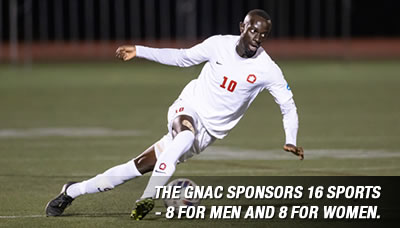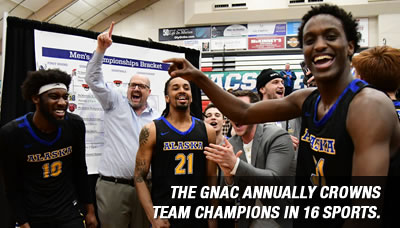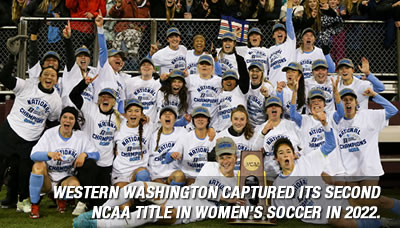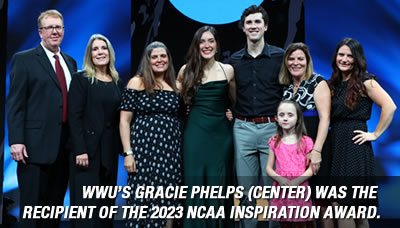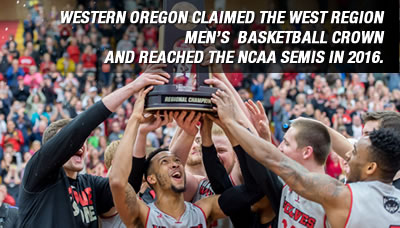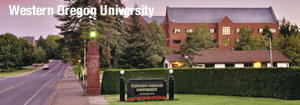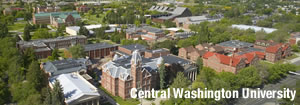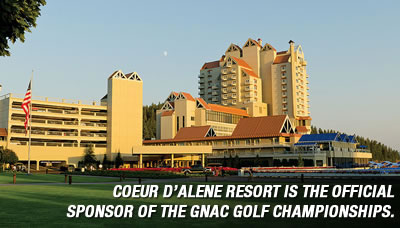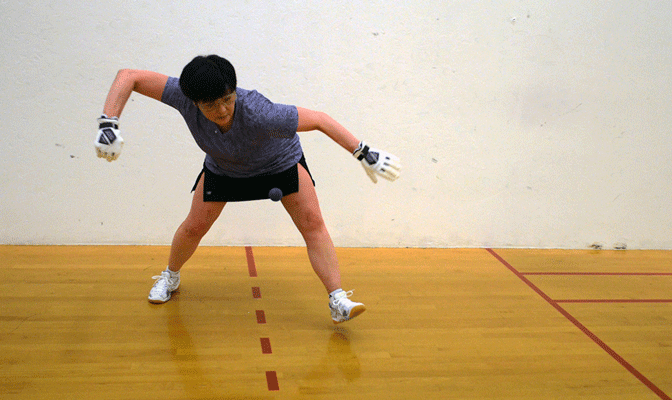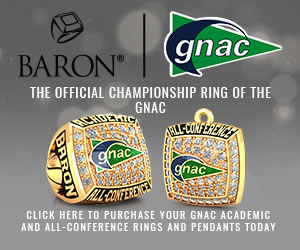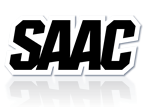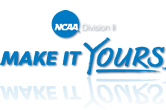Saturday, November 16, 2013
By Brianna Kuplent
BELLINGHAM, Wash. - LeaAnn Martin was ready to begin her job as a graduate assistant teaching racquetball and balance her life as a graduate student at the University of Texas in 1981. She had played a good amount of racquetball before, and asked another instructor to show her how to teach it.
“He got in the court with me, and after hitting a few racquetballs with my racquet he told me to put my racquet down and use my hands. That started my handball career,” Martin said.
Martin played in a regional handball tournament three weeks later, and the national handball tournament eight weeks after that. She represented the U.S. in four different world championships, won 14 national handball titles and took home six world four-wall championships.
Aside from being a handball champion, Martin became a professor of physical education in the Physical Education, Health and Recreation Department at Western Washington University, and is currently dean of the College of Humanities and Social Sciences. She has earned several awards as an educator and a 2003 state award for excellence in teacher preparation.
Finding time to play handball during the week is challenging, Martin said.
“Serving as dean certainly has its time demands, and has meant I can’t play as much as I want,” she said. “My goal is to be able to play three times a week, but that hasn’t happened in months.”
When she does play, she plays for fun and exercise and competes in age-group divisions. From her time competing at a high level, Martin said the people she met and the relationships she gained have been important. She especially developed lifelong friendships with her doubles teammates.
One of her handball partners, Missy Mitchell, a math educator at the Fife School District, said being on the court with Martin has made her a better player. Martin’s skill, practice, experience and understanding of strategy is why she has been a successful player and teacher, Mitchell said. Martin’s competitiveness and propensity for helping others has been a large part of Mitchell’s learning to play and love for handball, Mitchell said.
“Teaching is just a part of who she is,” Mitchell said. “I’ve been extremely lucky to learn from her.”
Martin and Mitchell dominated in the women’s doubles in the Washington state and regional levels. Martin said they both had similar styles of play, and she enjoys the team chemistry and teamwork in doubles. Singles and doubles require the same amount of physical stamina, but in doubles you have to work with your partner to beat the opponent and use more complex strategies. Plus, it’s more fun overall, Martin said.
In handball, two teams each with two players play on a racquetball-sized court and strike the ball with their hand before it bounces on the floor twice. In doubles, teams alternate after each time the ball bounces against one or multiple walls. Racquetball and handball are similar, Martin said, but in handball you use both hands to strike the ball and “do not have the advantage of the racquet extension or using your strong hand all the time.”
Racquetball and handball also incur the same types of injuries and ruptures in the shoulders, knees and legs. But, a high risk for both sports is eye injuries, and all players are required to wear goggles or glasses, because the golf ball-sized handballs sometimes go almost as fast as paintballs, according to an Armed Forces Medical Services study.
Martin herself has suffered two broken fingers, two broken ribs and a broken wrist. The most serious of the injuries was Martin’s ruptured Achilles tendon, from which Martin took nine months to recover.
“Some of my minor injuries have made me a better player,” she said. “Each time I broke a finger or my wrist, it gave me the opportunity to practice with my other hand more intensely.”
It is not a sport in which individuals experience a lot of success at the beginning, and it takes patience to develop skills in both hands, Martin said.
“Patience, and lots of time in the court by yourself just practicing will help tremendously.”
Handball is a sport that can be played for a lifetime, Martin said, attesting to the fact that some divisions for national tournaments are for players over 90.
Because participating in handball has given Martin benefits like friendships, good health and traveling, she recognized the need to give back. She is involved in the United States Handball Association, and has served on the Board of Directors since 1995. Martin has become an advocate for getting more people to play handball. She has written all of the instructional booklets on how to teach handball, conducted many instructional clinics and has taught people of all ages.
Someone once approached Martin and asked her what her life would be like without handball.
“My response was, ‘I don’t know. Handball has been a part of my life for so long, I have no idea what my life would be like without it,’” she said.

